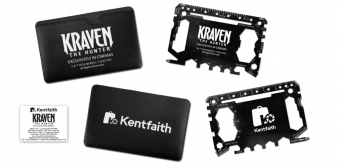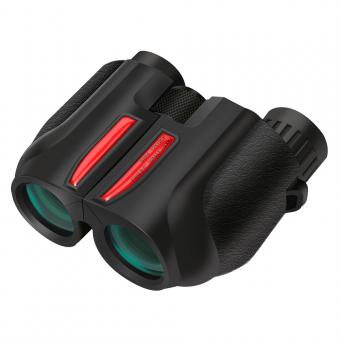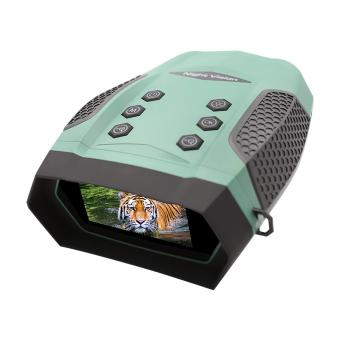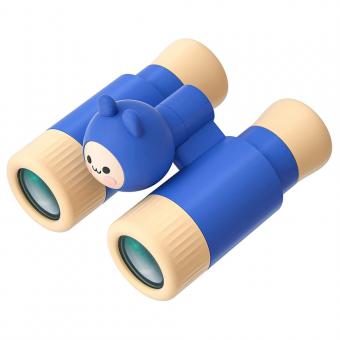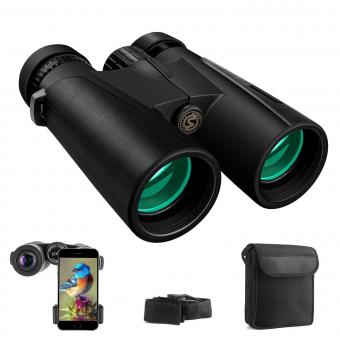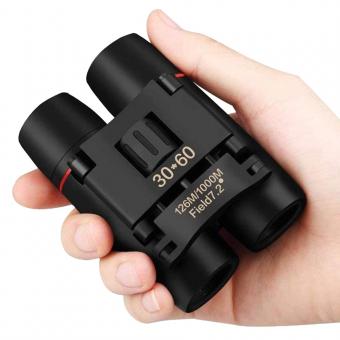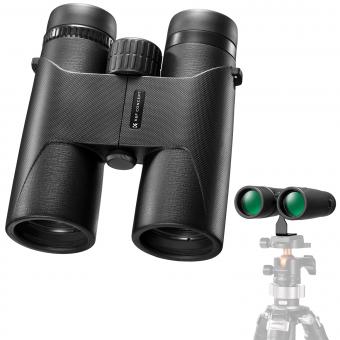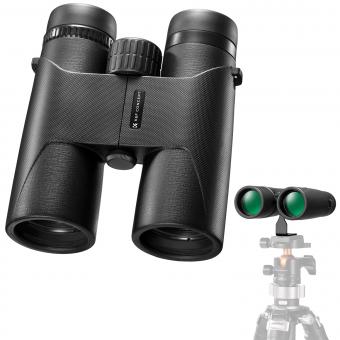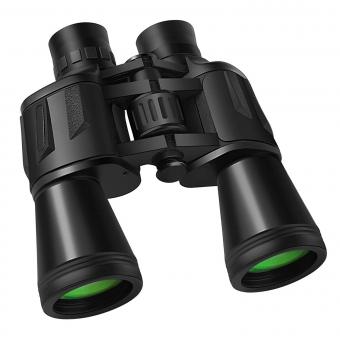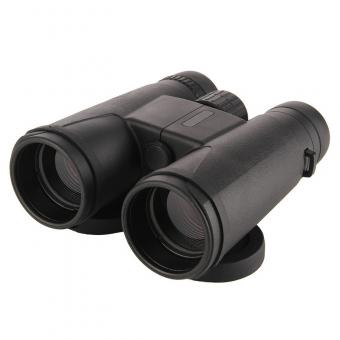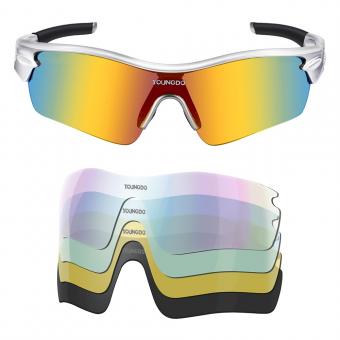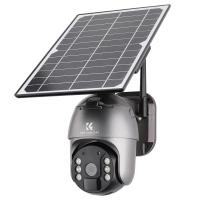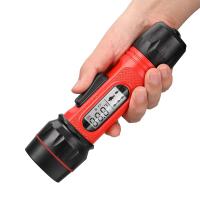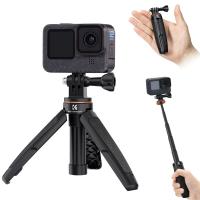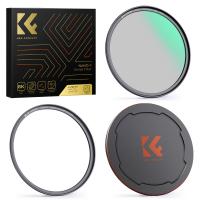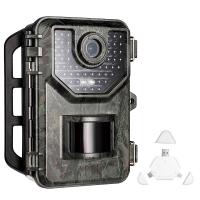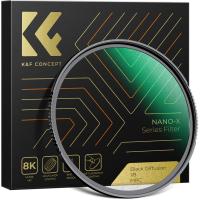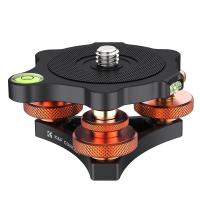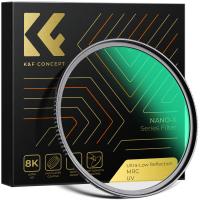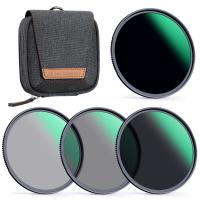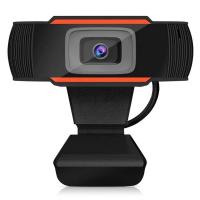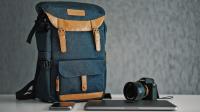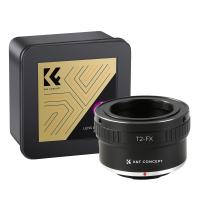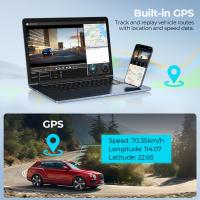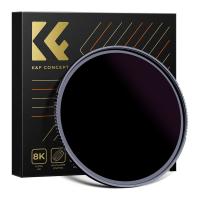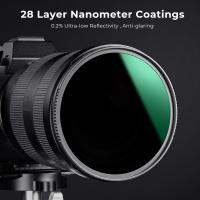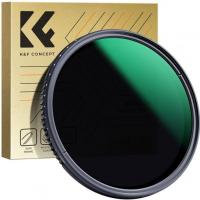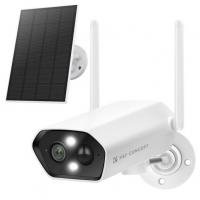Where Do You Buy Binoculars?
When it comes to purchasing binoculars, the options can be overwhelming. Whether you're a birdwatcher, a sports enthusiast, or someone who enjoys stargazing, finding the right pair of binoculars is crucial. In this article, we will explore the various avenues where you can buy binoculars, the pros and cons of each option, and some tips to ensure you make the best purchase for your needs.
1. Online Retailers
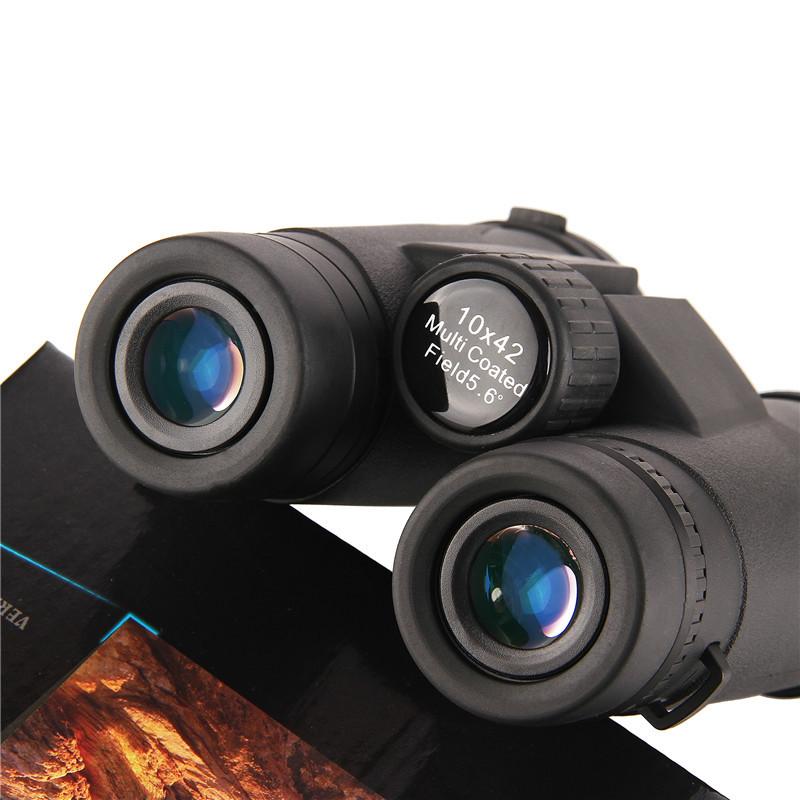
Pros:
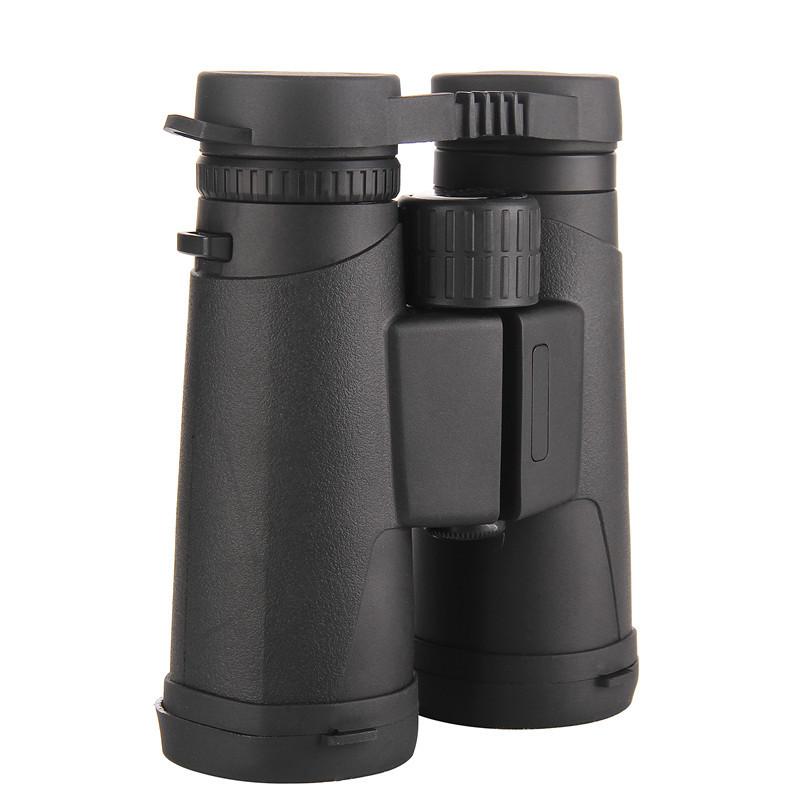
- Wide Selection: Online retailers like Amazon, eBay, and specialized optics stores offer a vast array of binoculars from different brands, price ranges, and specifications.
- Convenience: Shopping online allows you to compare different models, read reviews, and make a purchase from the comfort of your home.
- Competitive Pricing: Online platforms often have competitive prices and frequent discounts, making it easier to find a good deal.
Cons:
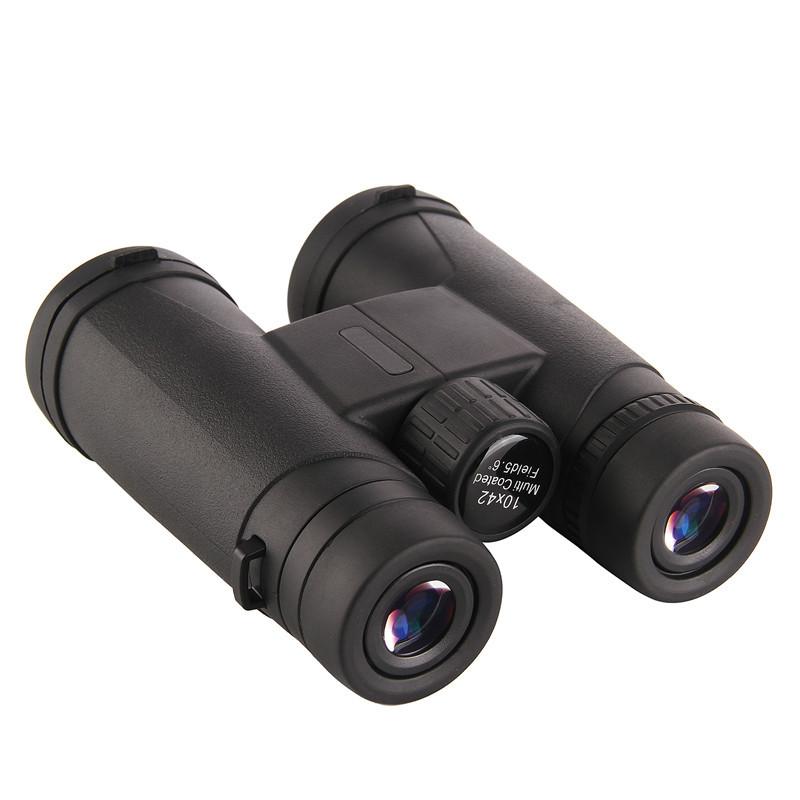
- No Hands-On Experience: One of the biggest drawbacks of buying online is that you can't physically test the binoculars before purchasing.
- Shipping Time: Depending on the retailer and your location, shipping times can vary, which might be inconvenient if you need the binoculars urgently.
2. Specialty Optics Stores
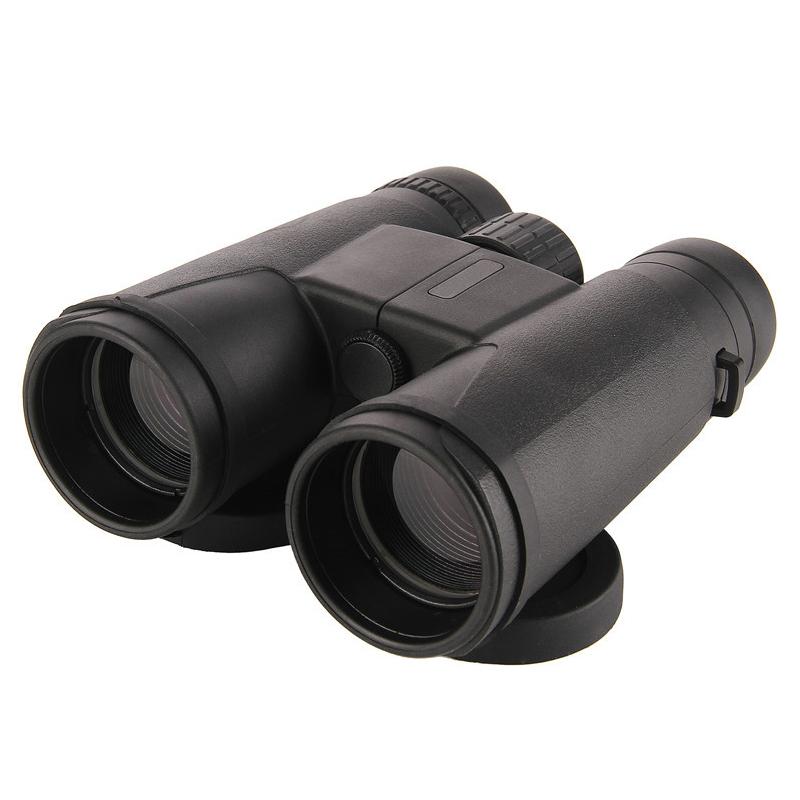
Pros:
- Expert Advice: Specialty stores often have knowledgeable staff who can provide expert advice tailored to your specific needs.
- Hands-On Experience: You can physically test different models to see which one feels right for you.
- High-Quality Selection: These stores usually carry high-quality brands and models that might not be available in general retail stores.
Cons:
- Higher Prices: Specialty stores may have higher prices compared to online retailers due to overhead costs.
- Limited Locations: Depending on where you live, finding a specialty optics store might be challenging.
3. Big-Box Retailers
Pros:
- Accessibility: Stores like Walmart, Target, and Best Buy are widely accessible and often have a selection of binoculars.
- Immediate Purchase: You can walk out of the store with your purchase, which is convenient if you need the binoculars right away.
- Return Policies: Big-box retailers usually have flexible return policies, making it easier to return or exchange the product if it doesn't meet your expectations.
Cons:
- Limited Selection: The range of binoculars available in big-box stores might be limited compared to specialty stores or online retailers.
- Less Expertise: Staff at these stores may not have specialized knowledge about binoculars, which can make it harder to get tailored advice.
4. Outdoor and Sporting Goods Stores
Pros:
- Targeted Selection: Stores like REI, Bass Pro Shops, and Cabela's focus on outdoor and sporting goods, offering a selection of binoculars suited for activities like birdwatching, hunting, and hiking.
- Expert Staff: These stores often have staff who are knowledgeable about outdoor activities and can provide useful recommendations.
- Hands-On Testing: You can physically test the binoculars to see how they perform in different lighting conditions and environments.
Cons:
- Price Range: While these stores offer quality products, they might be on the pricier side compared to online options.
- Availability: Depending on your location, you might not have easy access to these stores.
5. Second-Hand Options
Pros:
- Cost-Effective: Buying second-hand binoculars can be significantly cheaper than purchasing new ones.
- Sustainability: Opting for second-hand products is an environmentally friendly choice.
- Unique Finds: You might come across vintage or high-end models that are no longer in production.
Cons:
- Condition Uncertainty: The condition of second-hand binoculars can vary, and there might be hidden issues that aren't immediately apparent.
- Limited Warranty: Second-hand purchases often come without a warranty, which can be a risk if the product has defects.
Tips for Buying Binoculars
1. Determine Your Needs
Before making a purchase, consider what you'll primarily use the binoculars for. Different activities require different specifications. For example, birdwatching might require binoculars with a wide field of view, while stargazing might need higher magnification.
2. Set a Budget
Binoculars come in a wide range of prices. Setting a budget beforehand can help narrow down your options and prevent overspending.
3. Research Specifications
Familiarize yourself with key specifications such as magnification, objective lens diameter, field of view, and eye relief. Understanding these terms will help you make an informed decision.
4. Read Reviews
Customer reviews can provide valuable insights into the performance and durability of different models. Look for reviews from users who have similar needs to yours.
5. Test If Possible
If you have the opportunity, test the binoculars in person. Pay attention to factors like comfort, weight, and ease of use.
6. Check Warranty and Return Policy
Ensure that the binoculars come with a warranty and check the return policy of the retailer. This can provide peace of mind in case the product doesn't meet your expectations.
Buying binoculars involves considering various factors, including where to purchase them. Each option, whether it's online retailers, specialty optics stores, big-box retailers, outdoor and sporting goods stores, or second-hand options, has its own set of advantages and disadvantages. By understanding your needs, setting a budget, researching specifications, reading reviews, and testing the binoculars if possible, you can make an informed decision and find the perfect pair of binoculars for your activities. Happy viewing!

